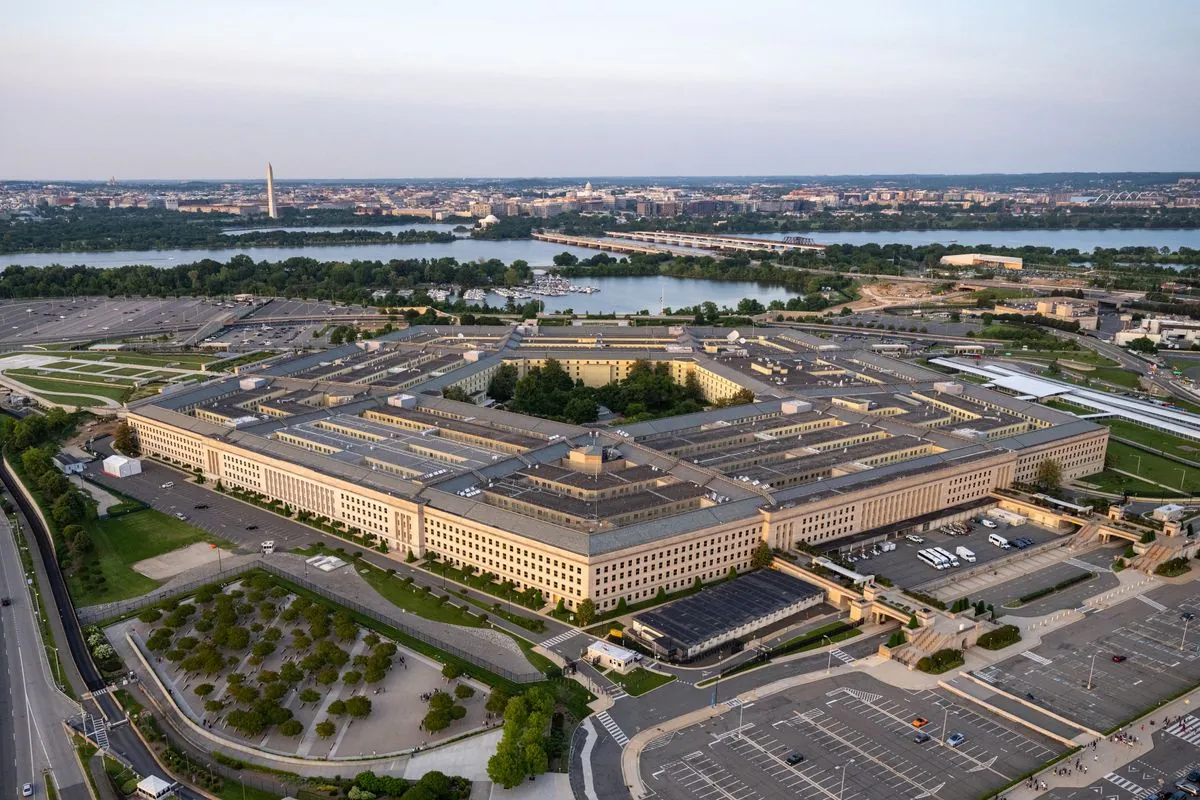Pentagon: No Military Shift in Middle East Amid Lebanon Attacks
U.S. maintains current military posture in Middle East despite recent attacks in Lebanon. Pentagon emphasizes desire to reduce regional tensions as Gaza ceasefire efforts continue.

The U.S. Department of Defense has confirmed that there are no alterations to its military stance in the Middle East, despite recent incidents in Lebanon. This statement comes in response to attacks attributed to Israel that targeted Hezbollah's communication infrastructure.
Sabrina Singh, a spokesperson for the Pentagon, addressed reporters on September 19, 2024, stating, "I am not tracking any force posture changes in the Eastern Med or in the Central Command area of responsibility." This declaration aims to quell concerns about potential U.S. military involvement in the region.
The attacks in Lebanon, which resulted in 37 fatalities and approximately 3,000 injuries, have been blamed on Israel by Lebanese authorities and Hezbollah. These incidents have raised apprehensions about a possible expansion of the ongoing conflict beyond Gaza.

The Pentagon has consistently emphasized its desire to see a reduction in regional tensions. Singh noted that Lloyd Austin, the U.S. Secretary of Defense, regularly reiterates this stance in his communications with international counterparts.
Regarding the Gaza situation, the Pentagon maintains that the conflict remains contained to that area. However, the U.S. administration's three-phase ceasefire proposal, introduced by President Joe Biden on May 31, 2024, has encountered obstacles. Despite these challenges, U.S. officials do not believe the deal is collapsing.
The ongoing Israel-Gaza conflict, which began following a deadly attack by Hamas on October 7, 2023, has resulted in significant casualties and a humanitarian crisis in Gaza. This has led to genocide allegations against Israel at the International Court of Justice, which Israel denies.
"We've never wanted to see a wider regional conflict."
Critics have urged Washington to leverage its influence by conditioning military support to Israel. However, the U.S. has maintained its backing for its ally, providing approximately $3.8 billion in annual military aid.
The situation remains complex, with the Gaza Strip under an Israeli and Egyptian blockade since 2007. As tensions persist, the international community continues to monitor developments closely, hoping for a peaceful resolution to the long-standing conflict in the region.


































